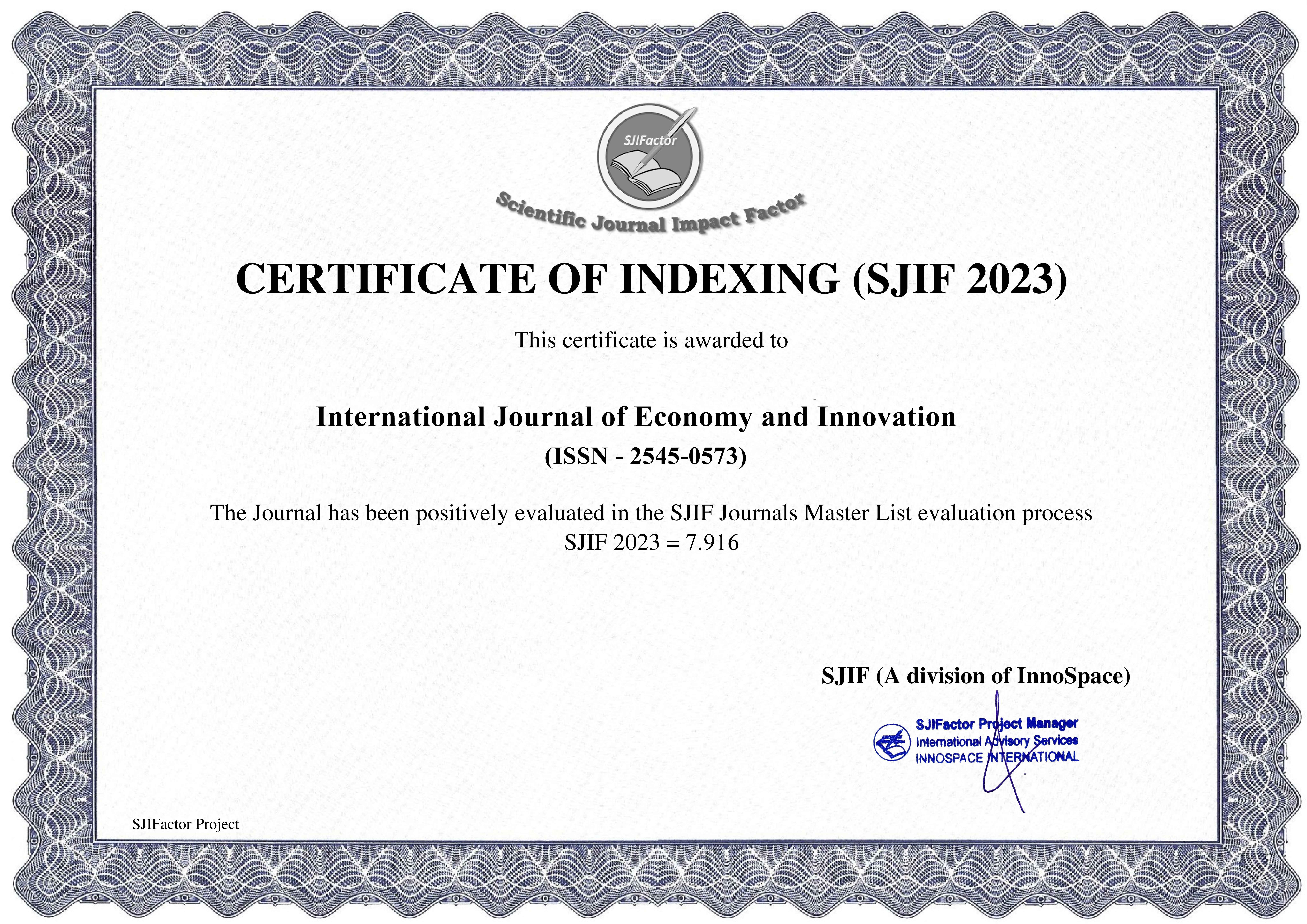HIGH COMMITMENT WORK SYSTEM AND DISTRIBUTIVE LEADERSHIP ON EMPLOYEE PRODUCTIVE BEHAVIOR
Keywords:
High-performance employees, Work satisfaction, Job demands, Productive behaviorAbstract
This study aimed to investigate the relationship between high-commitment work systems (HCWS), developmental leadership (DL), and employee productive behavior (EPB) among high-performance employees in the Philippines. Data were collected from 300 employees in various organizations and analyzed using descriptive statistics, and correlation analysis. The results indicated that HCWS, DL, and EPB were positively correlated, and the combination of HCWS and DL had a greater positive effect on EPB than either HCWS or DL alone. The study also revealed that HCWS had a direct positive effect on EPB, while DL had an indirect positive effect on EPB through HCWS. The findings have practical implications for managers and organizations in the Philippines, emphasizing the importance of implementing HCWS and developing leadership skills to enhance employee productivity. The study's limitations include a cross-sectional design, limited generalizability to other industries, and the use of self-reported data. Future research could employ longitudinal designs, include other variables that may influence EPB, and examine the effectiveness of interventions designed to improve HCWS and DL in enhancing EPB. Overall, this study contributes to the existing literature by providing empirical evidence on the positive relationship between HCWS, DL, and EPB among high-performance employees in the Philippines.

















